
Oct 19, 2023 ⢠5 min read

Apr 23, 2022 ⢠5 min read
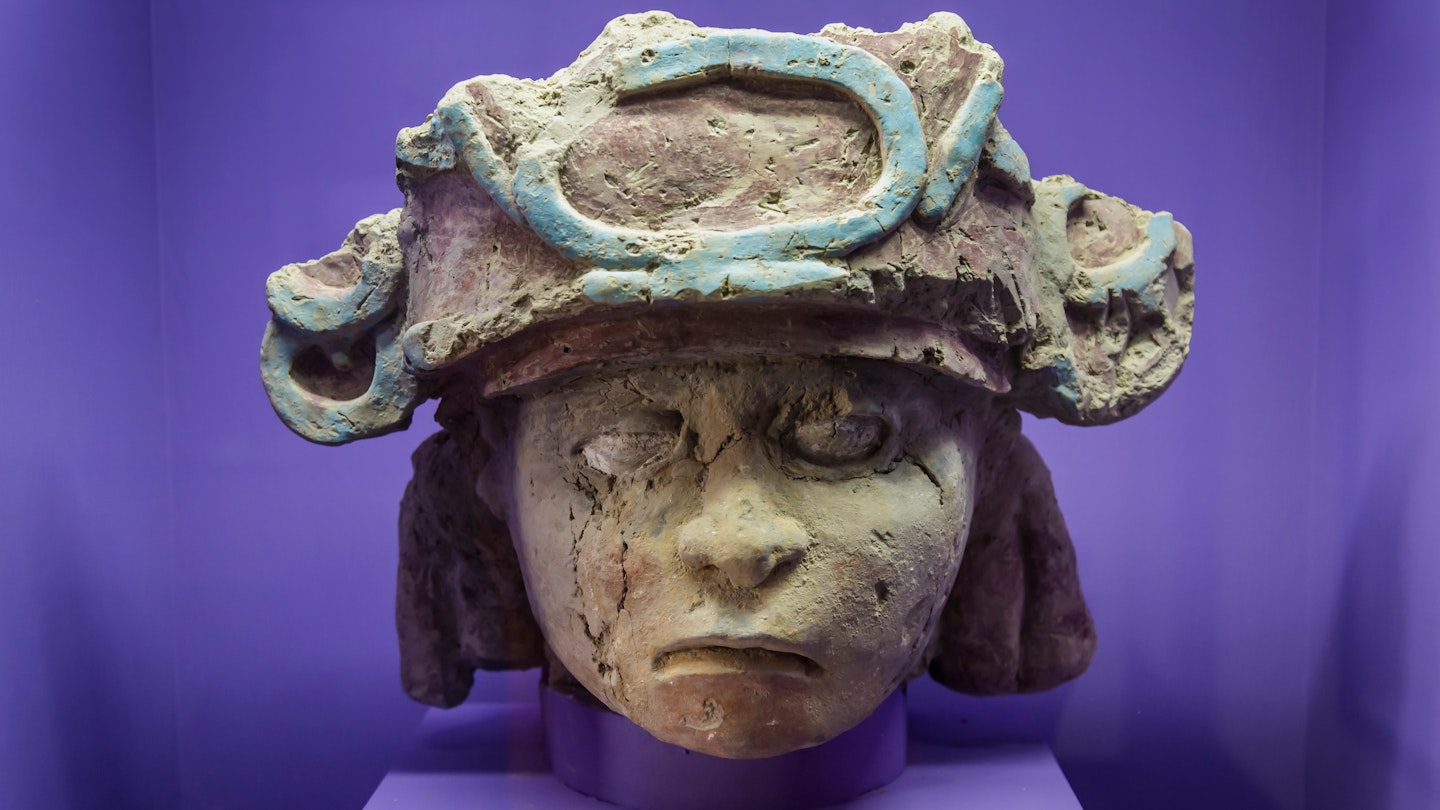
From collections of historic art to contemporary photography exhibits, here are the best museums and galleries in Oaxaca © © Bjanka Kadic/Alamy
Oaxaca's museums and galleries overflow with dreamlike art, captivating pre-Hispanic relics, and exquisite handmade crafts often inspired by indigenous mythology â it's one cool place to channel your inner culture vulture.
The capital's downtown galleries, and there are many, display some of the richest and most inventive folk art in Mexico, such as brilliantly painted alebrije animal sculptures and intricately designed Zapotec rugs. They also exhibit paintings from Oaxaca's most influential master artists such as Francisco Toledo and Rufino Tamayo.
Equally impressive are the city's first-rate museums and art centers, many of which occupy splendid colonial buildings. For a crash course in regional history, don't miss the world-class Museo de las Culturas de Oaxaca, and for cutting-edge installations venture out to the low-key town of San AgustÃn Etla, where a pioneering modern art center in the verdant Sierra Madre foothills provides a welcome respite from the bustling city.
Here are just some of the noteworthy museums and galleries in Oaxaca.
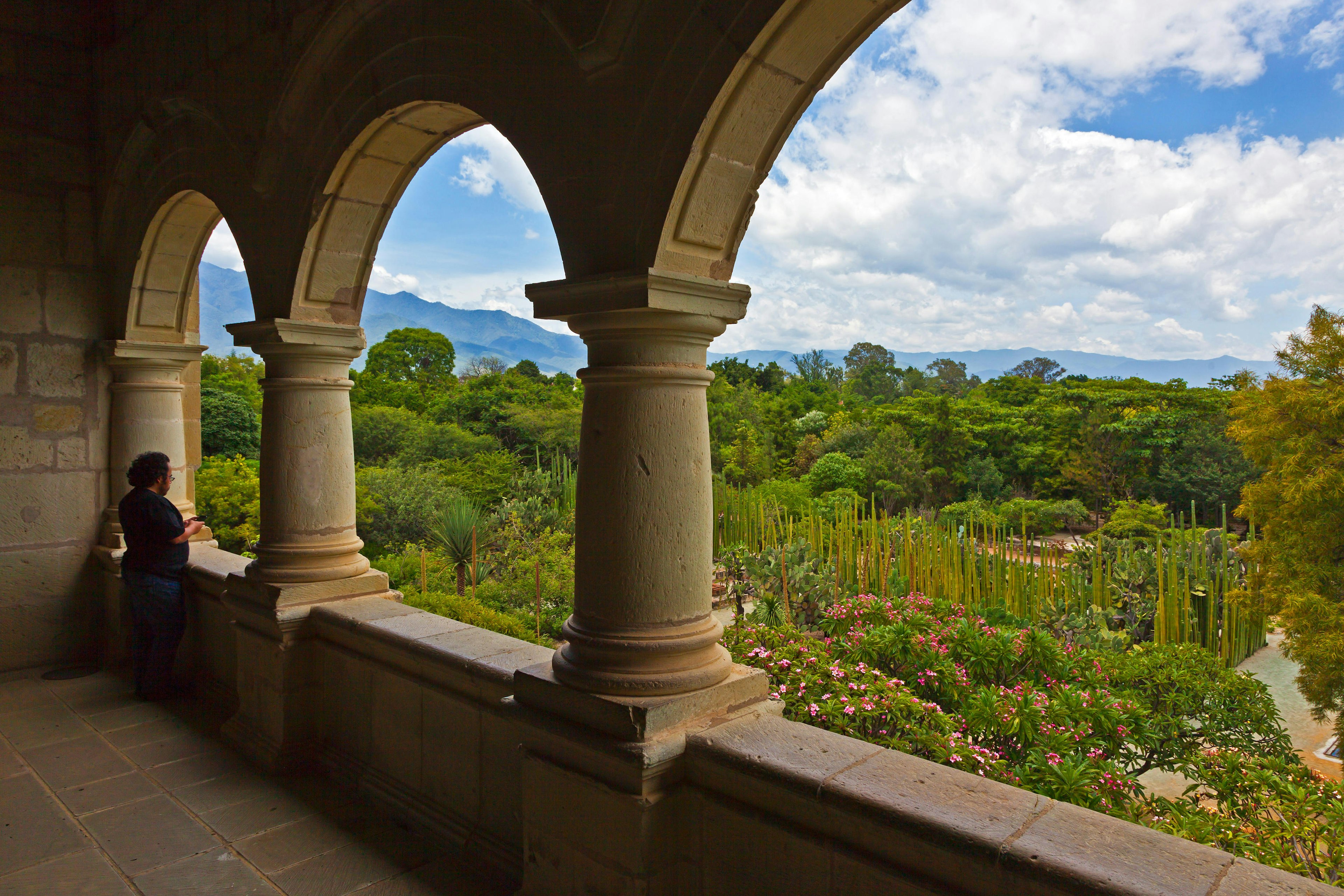
If you only have time to visit one museum while in Oaxaca, make it this gem. Granted, you'll need at least a couple of hours to explore the 14 halls housed in the museum's sprawling campus â a former monastery â but the majestic 16th-century architecture is worth the price of admission alone.
Displays in the Museo de las Culturas de Oaxaca are devoted to regional history and culture, from the pre-Hispanic era to present day. In Room III, check out the intriguing treasure trove of 14th-century Mixtec artifacts discovered at Monte Albán in 1932, which includes an ancient skull encrusted with a turquoise mosaic.
Sitting pretty in the foothills of the Sierra Madre mountains, this old textile factory was lovingly converted into one of the city's top art centers thanks to a renovation project spearheaded by famed Oaxacan painter Francisco Toledo. CaSa, as the space is also called, draws high praise for its absorbing exhibits, concerts, dance performances, and innovative ecological design (sublime pools are part of a gravity-powered water system that keeps the striking 19th-century building pleasantly cool).
To get here, head 11 miles northwest of Oaxaca to San AgustÃn Etla, a quiet town known for its traditional Day of the Dead festivities. It's a great day trip from Oaxaca. After checking out the cutting-edge installations, take a stroll around the surrounding grounds amid waterfalls and lush vegetation. On Sunday, wrap your fingers around homemade tamales and delectable memelas (Oaxacan corn-based snacks) in an open-air food market, and if you're up for an easy hike, the nearby "Aqueduct Trail" rises up into the scenic hills.
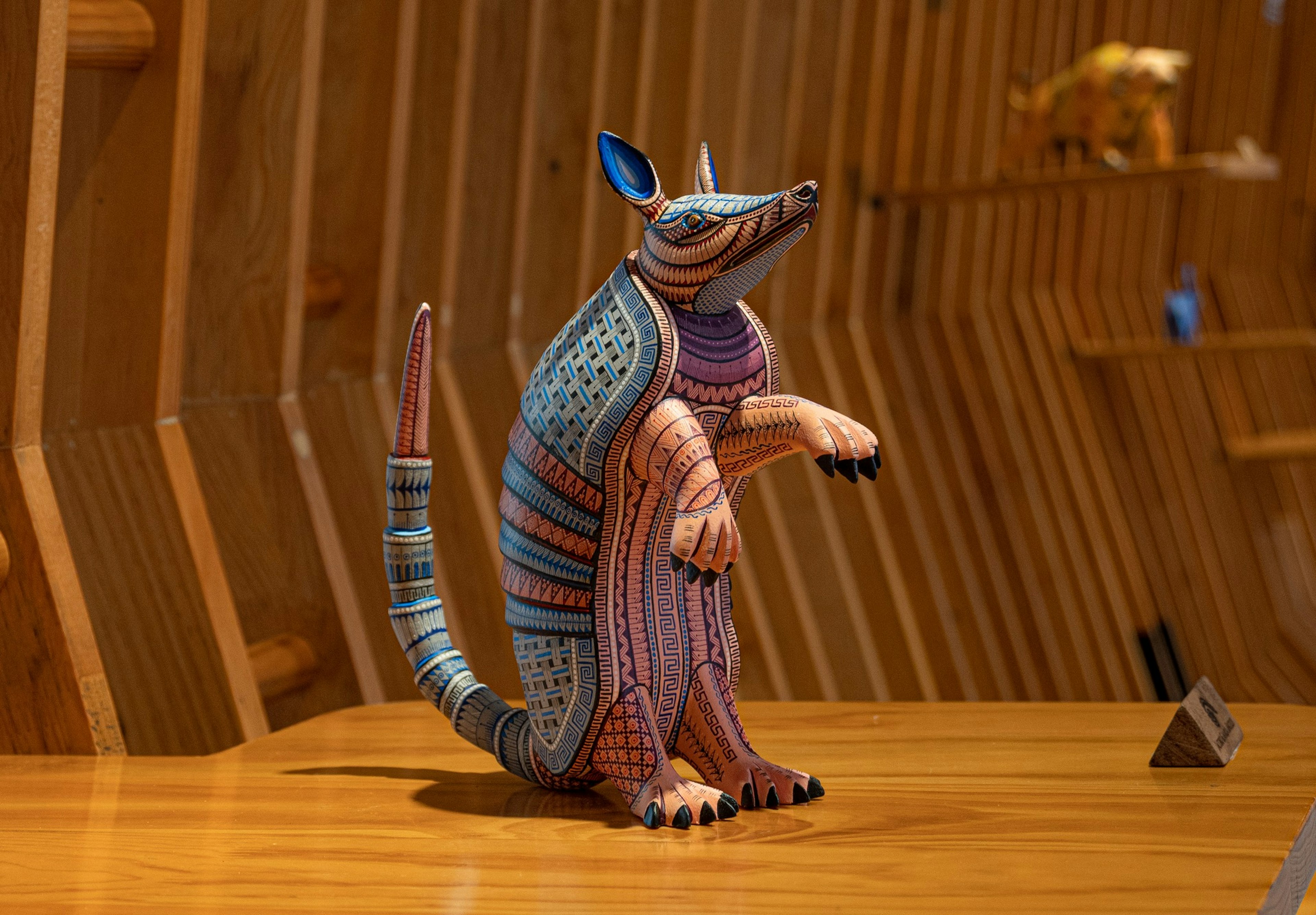
The meticulously crafted alebrijes (colorful copal-wood animal figurines) at this downtown gallery cost a pretty peso, but even if you have no intention of buying one, you should definitely pop in to marvel at the brilliant sculptures tastefully laid out in a superb colonial building.
Hailing from the workshop of Jacobo and MarÃa Ãngeles, in nearby San MartÃn Tilcajete, these distinctive alebrijes, many with designs based on ancient mythical creatures, take anywhere from one month to four years to make, hence the hefty price tag. For an up-close look at the production process, head out on a day trip for a free tour of the couple's lively facility about 14 miles south of Oaxaca.
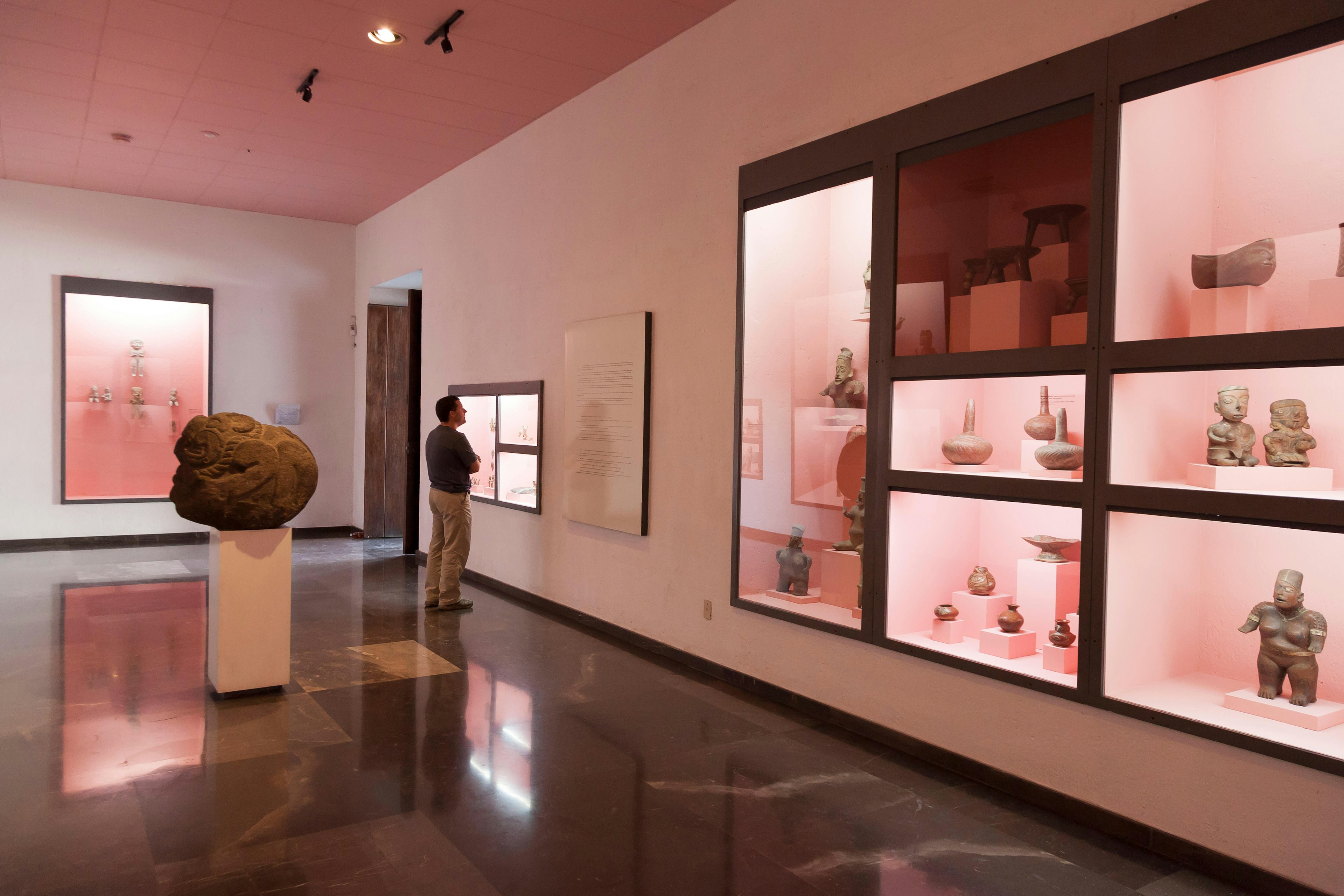
Showcasing a fascinating collection of ancient artifacts amassed by the renowned Oaxacan painter Rufino Tamayo, relics in the Tamayo museum are exhibited in color-coded backlit cases to shine a light on their aesthetic value, as opposed to presenting them as mere historical curiosities. Tamayo, a modernist artist of Zapotec heritage, was known for his use of vivid colors.
The displays, which include figurines dating back to 1250 BCE, feature objects made by the ancient Maya, Zapotecs, Mixtecs, Toltecs, and various civilizations from Mexico's central western region. The 18th-century building also hosts temporary arts and crafts shows, concerts, and other cultural events throughout the year.
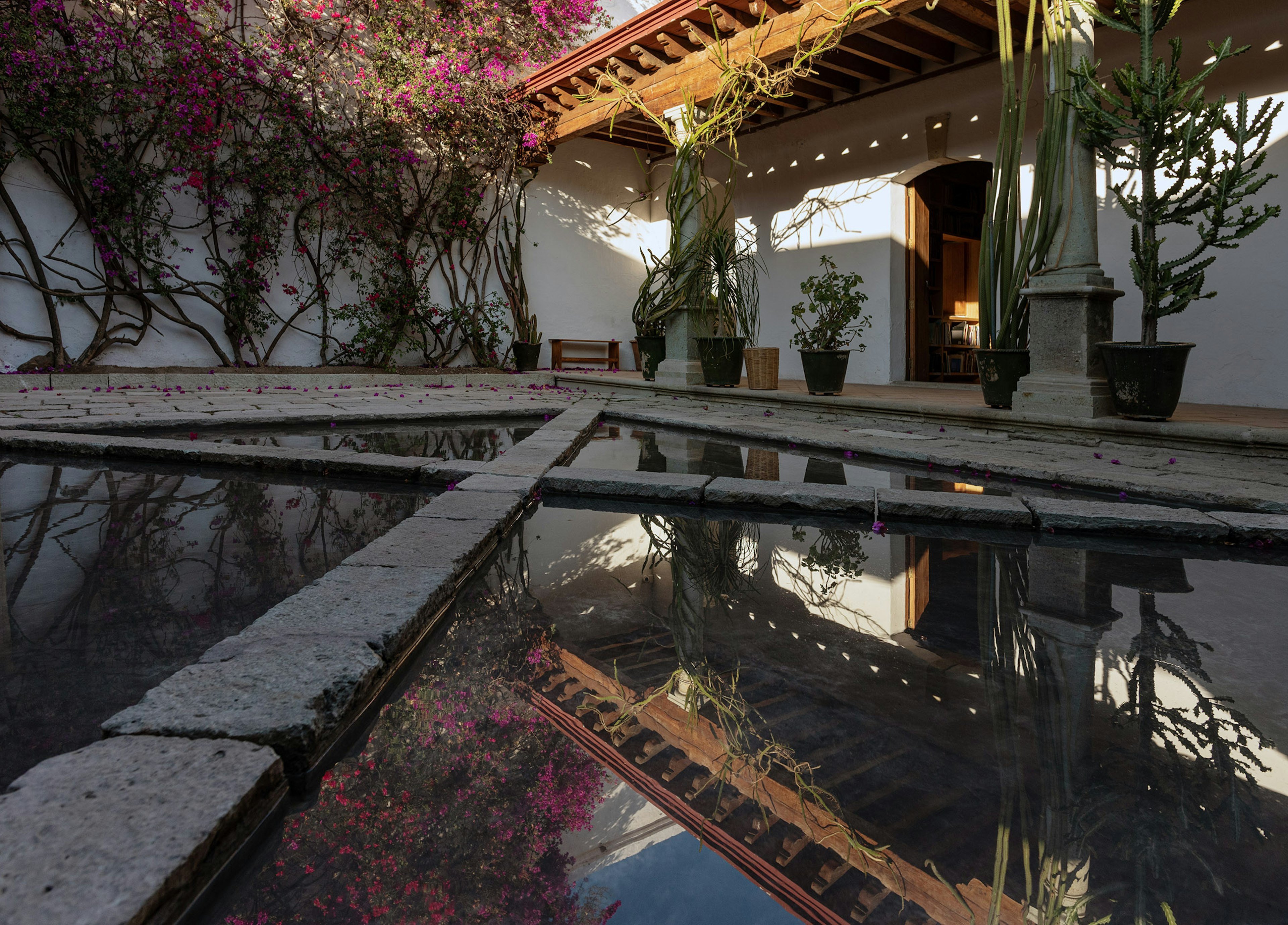
Named after the revered Mexican photographer Manuel Ãlvarez Bravo, this storied colonial center hosts rotating exhibits of images captured by contemporary talent from Mexico and abroad. From time to time, it also shows works from its permanent collection of some 100,000 photographs.
Oaxacan painter Francisco Toledo founded the exhibition center alongside its sister facility, the Graphic Arts Institue of Oaxaca. The permanent Colección Toledo includes pictures by Ãlvarez Bravo, Henri Cartier-Bresson, Graciela Iturbide, Mary Ellen Mark, and other highly influential figures in the world of photography. The free exhibitions are displayed in seven small rooms set around a sunny courtyard with a rectangular pond.

Anyone looking for a broad overview of Oaxaca's folk art scene should mosey over to this downtown gallery founded by the late Arnulfo Mendoza, a master weaver and painter from nearby Teotitlán del Valle. Not only does Mano Mágica specialize in colorful rugs woven on hand-operated looms but it also houses unique handicrafts and paintings from some of Oaxaca's top artists, including Rufino Tamayo, Francisco Toledo, and Rodolfo Morales.
For more context on the ancient art of weaving, swing by the Museo Textil de Oaxaca, which stocks more than 10,000 traditional textile pieces from Oaxaca and abroad, or go straight to the source in Teotitlán del Valle, where weavers have been crafting rugs since pre-Hispanic times and a revamped cultural center celebrates the town's wondrous Zapotec traditions.
You might also like:
When to visit Oaxaca for festivals, food and fun
10 things to know before going to Oaxaca, one of Mexico's most intriguing destinations
Top things to do in the culturally rich Oaxaca City

Art and Culture
DÃa de los Muertos: how to celebrate Mexicoâs Day of the DeadOct 2, 2024 ⢠6 min read

Oct 19, 2023 ⢠5 min read

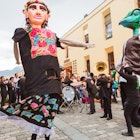
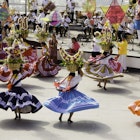

Feb 25, 2022 ⢠5 min read



